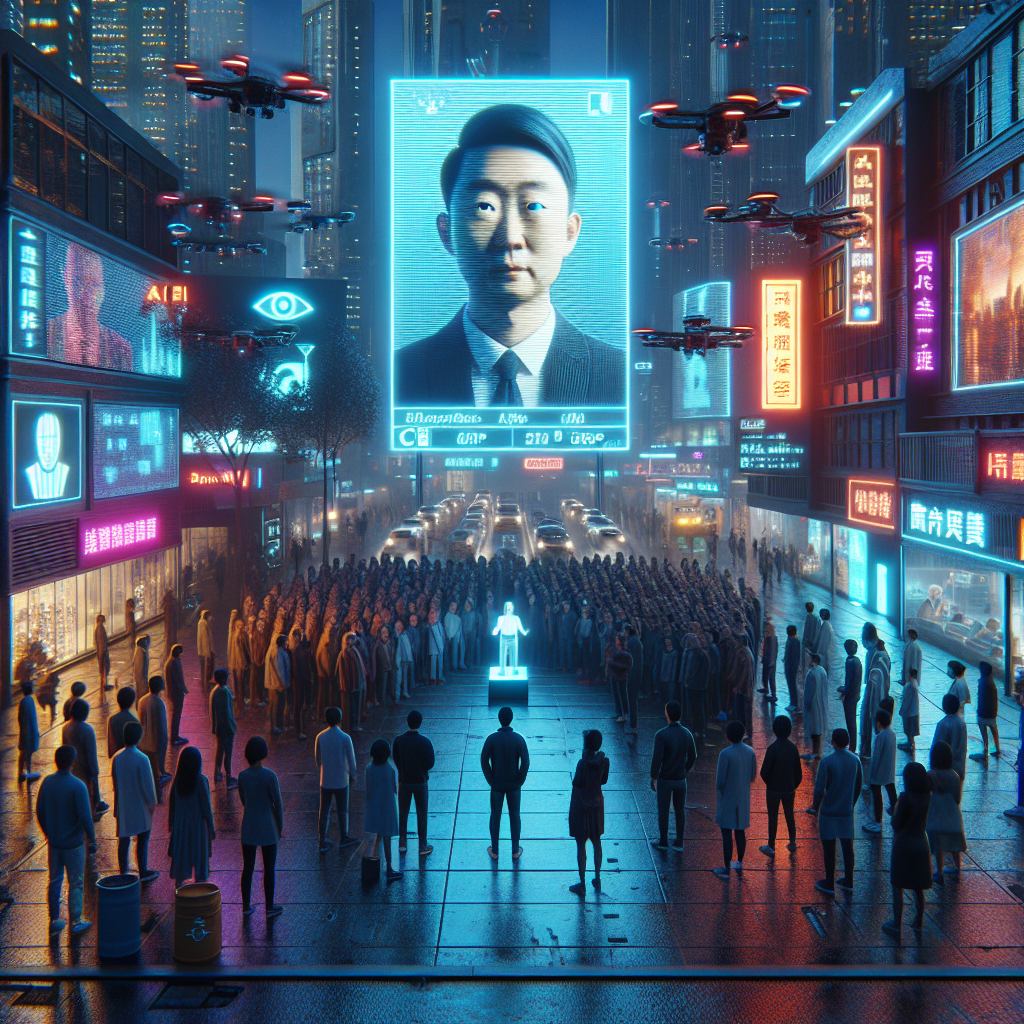AI-Powered Deception: A Growing Threat to Our Society
In a world where misinformation spreads like wildfire, the emergence of AI-powered deception poses a significant threat to our societies. Throughout history, propaganda has been a powerful tool in shaping narratives and influencing public opinion. From ancient texts like the Behistun Inscription in 515 BC, where King Darius of Persia crafted his own narrative of power, to modern-day media coverage of conflicts where truth becomes the first casualty, the manipulation of information has been a constant presence.
Today, with the advancement of artificial intelligence technology, the potential for deception has reached unprecedented levels. AI algorithms can analyze vast amounts of data, identify patterns, and create highly convincing fake content, including images, videos, and text. Deepfake videos, for example, use AI to superimpose faces onto different bodies, making it appear as though individuals are saying or doing things they never did.
This technology has profound implications for society. Imagine a scenario where a political leader is shown in a video endorsing a controversial policy they never supported, or a company is falsely accused of unethical practices based on fabricated evidence. The consequences of such deception can be far-reaching, leading to public outrage, damaged reputations, and even political instability.
Furthermore, AI-powered deception raises serious concerns about the erosion of trust in information sources. In a world where distinguishing between fact and fiction is already challenging, the proliferation of fake content generated by AI can further blur the lines of reality. This not only undermines the credibility of legitimate sources but also threatens the foundation of informed decision-making in our society.
To address this growing menace, it is essential for stakeholders across various sectors to collaborate on developing robust solutions. Technology companies must prioritize the development of tools to detect and combat AI-generated misinformation. Governments play a crucial role in implementing regulations to hold those who create and disseminate deceptive content accountable.
Moreover, media literacy programs are essential to empower individuals to critically evaluate information sources and recognize manipulated content. By equipping the public with the skills to navigate the digital landscape effectively, we can build a more resilient society against the threats of AI-powered deception.
In conclusion, the rise of AI-powered deception represents a formidable challenge that requires collective action. By staying vigilant, promoting transparency, and fostering a culture of critical thinking, we can mitigate the impact of misinformation on our societies. As technology continues to advance, it is imperative that we uphold the values of truth and integrity to safeguard the fabric of our democracy and ensure a more informed and resilient future for all.

